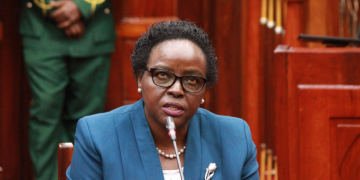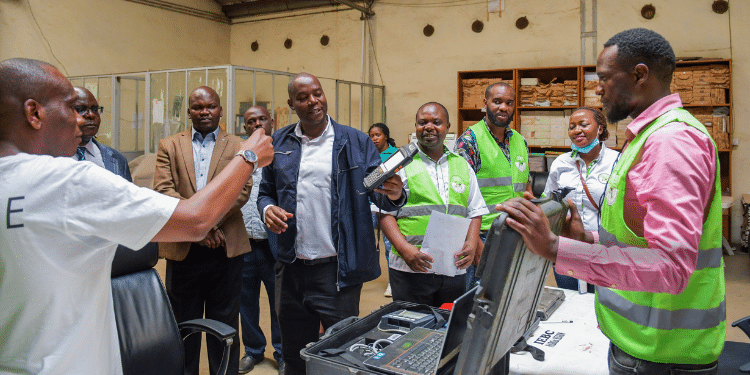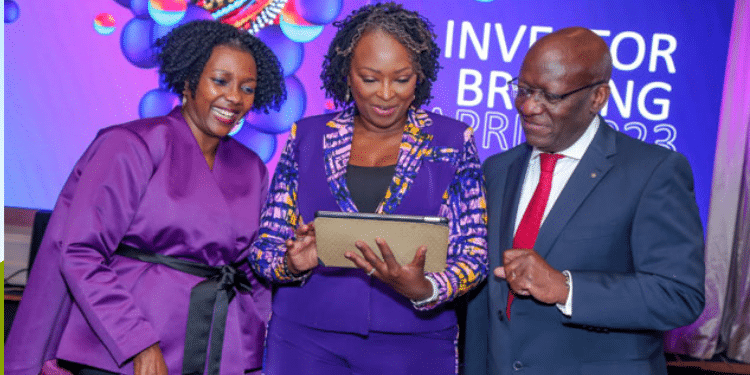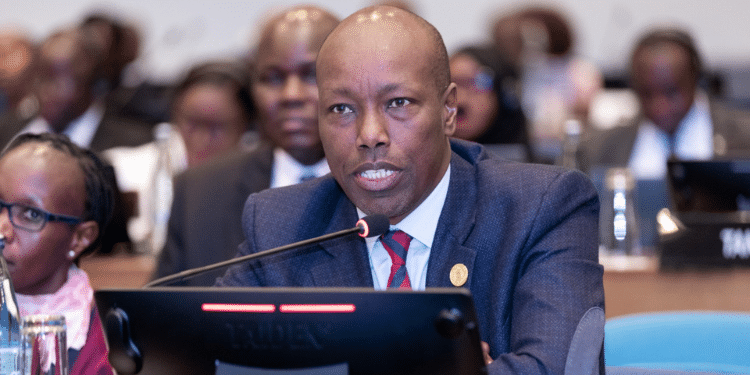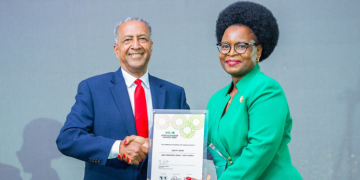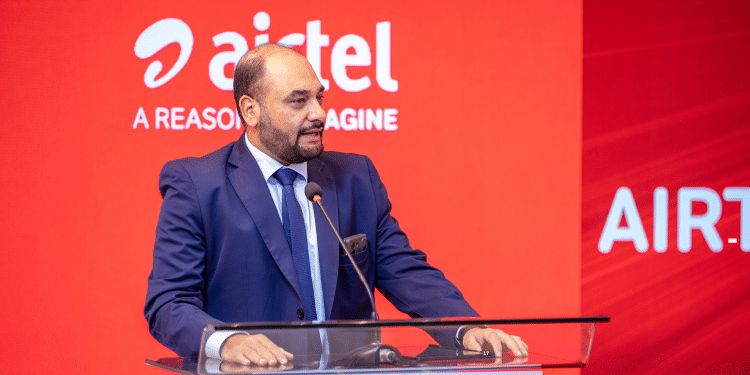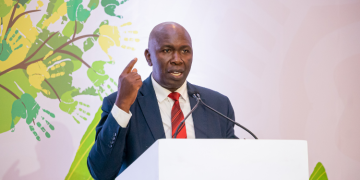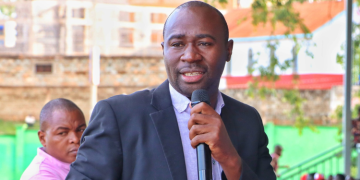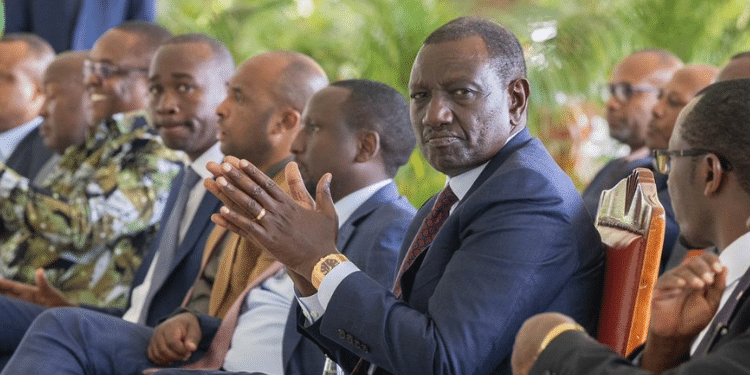The Ministry of ICT and Digital Economy led by Cabinet Secretary William Kabogo has partnered with the Tony Blair Institute (TBI) to help government transition to fully paperless services.
The institute is a non-profit organization set up by former UK Prime Minister Tony Blair.
According to CS Kabogo, the move is aimed at improving efficiency, transparency, and project tracking across Ministries, Departments, and Agencies (MDAs).
Further, he stated, that pilot phase, currently underway at the Ministry of Information, Communication, and the Digital Economy, seeks to eliminate bureaucratic delays by digitizing official correspondence.
“We have begun piloting paperless correspondence at the Ministry of Information, Communication, and the Digital Economy to eliminate bureaucracies that slow down service delivery,” he stated.
Also Read: Parliament Rejects William Kabogo’s Budget
Kabogo Explains Tony Blair Institute’s Role in the Project
Once successfully tested, the initiative will be rolled out across all government institutions.
The CS met officials from the Tony Blair Institute (TBI), led by Regional Director for East Africa, Joanne Mutungi on Monday, March 10.
Kabogo explained that the Institute is providing critical technical support in e-government and e-commerce, helping us build a more digitally-driven public service.
“I extend my gratitude to TBI for their seconded technical advisors and unwavering support. Joanne Mutungi reaffirmed the Institute’s commitment, emphasizing that technology is a key enabler for effective leadership and governance,
“She was accompanied by Faith Gitonga, the Acting Country Director & Head of Technology, Charles Kinyeki, and Frida Inchoga, who are actively supporting our Ministry in this journey,” he said.
Also Read: High Court Rules on Rollout of Digital IDs
Ruto on His Paperless Govt
In January 2025, the CS said that he wanted to have the government fully digitized by the time he leaves office, giving a 90-day timeline for the ministry to go paperless in its communication through letters and memos, among others.
Kabogo said that the digitalization of government operations would help deal with corruption, explaining that when more information is made available to the public, it becomes a deterrent to corruption.
“If you can digitize government services from A-Z, the Controller of Budget and Auditor General will be able to pick information from counties and the national government as it is happening and they will be able to compare your plan of expenditure with your available budget and this will help deal with the issue of pending bills,” said Kabogo.
Similarly, in 2024, the government listed ICT among key pillars in driving its Bottom-up Economic Transformation Agenda (BETA),
At the time, President William Ruto stated that through the digitalization efforts, Kenyans ought to prepare for a paperless government and a 24-hour digital economy.
“Through ICT, we will seal all revenue leakages, enhance our revenue base to the extent that we will be able to settle all our external debt and have surplus to finance both our development and recurrent expenditure,” he stated in February 2024.
Follow our WhatsApp Channel and join our WhatsApp Group for real-time news updates





